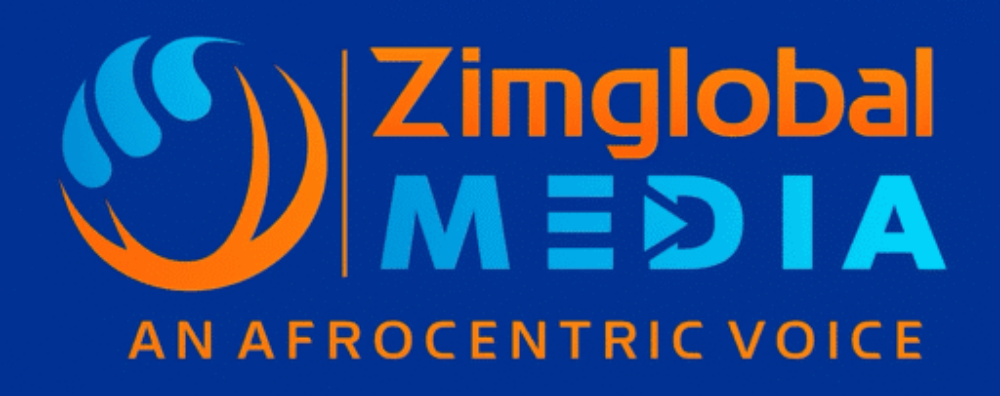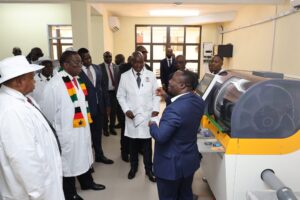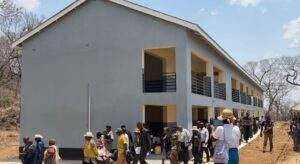United for Economic Sovereignty – SADC Rallies Against Sanctions on Zimbabwe
4 min read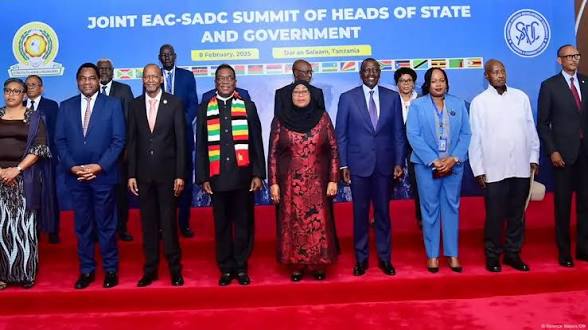
The 2025 SADC Anti-Sanctions commemorations run under the powerful theme “United for Economic Sovereignty: Ending Sanctions, Restoring Dignity.”
Once again, the Southern African Development Community (SADC) stands shoulder to shoulder with Zimbabwe in calling for the unconditional removal of illegal and unjust sanctions imposed by the United States and its Western allies over two decades ago.

This year’s commemorations take place at a time when global voices for justice, economic independence, and fairness in international relations are growing louder. African nations, long subjected to economic manipulation and foreign interference, are reclaiming their right to self-determination and development.
Zimbabwe, a nation rich in potential and resilience, has become the face of Africa’s battle against neo-colonial sanctions that continue to suffocate economies and derail development.
A Call for Justice and Economic Freedom
The sanctions imposed under the Zimbabwe Democracy and Economic Recovery Act (ZIDERA) of 2001 were initially presented to the world as “targeted measures” against a few individuals alleged to undermine democracy. However, the reality paints a very different picture. These measures have crippled Zimbabwe’s economy, blocked access to international credit lines, scared away investors, and punished ordinary citizens more than anybody else.
Since 2019, SADC declared October 25 as Anti-Sanctions Day, a date set aside to expose the damaging effects of sanctions and mobilize regional and international solidarity. The 2025 theme, “United for Economic Sovereignty: Ending Sanctions, Restoring Dignity,” is not only a slogan—it is a collective cry for economic justice and the restoration of Zimbabwe’s full integration into the global economy.
SADC leaders argue that sanctions violate the principles of international law, multilateralism, and the United Nations Charter, which advocates for sovereign equality of nations and non-interference in internal affairs. The continued punishment of Zimbabwe outside the framework of the UN Security Council is not only illegal—it is immoral.
Progress Despite Adversity
Despite the suffocating environment created by sanctions, Zimbabwe has made remarkable progress under the Second Republic led by President Dr. Emmerson Dambudzo Mnangagwa. His administration has championed transformative development anchored on the mantra “Nyika Inovakwa Nevene Vayo – A Nation is Built by Its Own People.”
Infrastructure development has accelerated, with major projects including road rehabilitation under the Emergency Road Rehabilitation Programme (ERRP), the expansion of the Robert Gabriel Mugabe International Airport, and the modernisation of the Beitbridge Border Post—now one of the best in Southern Africa.
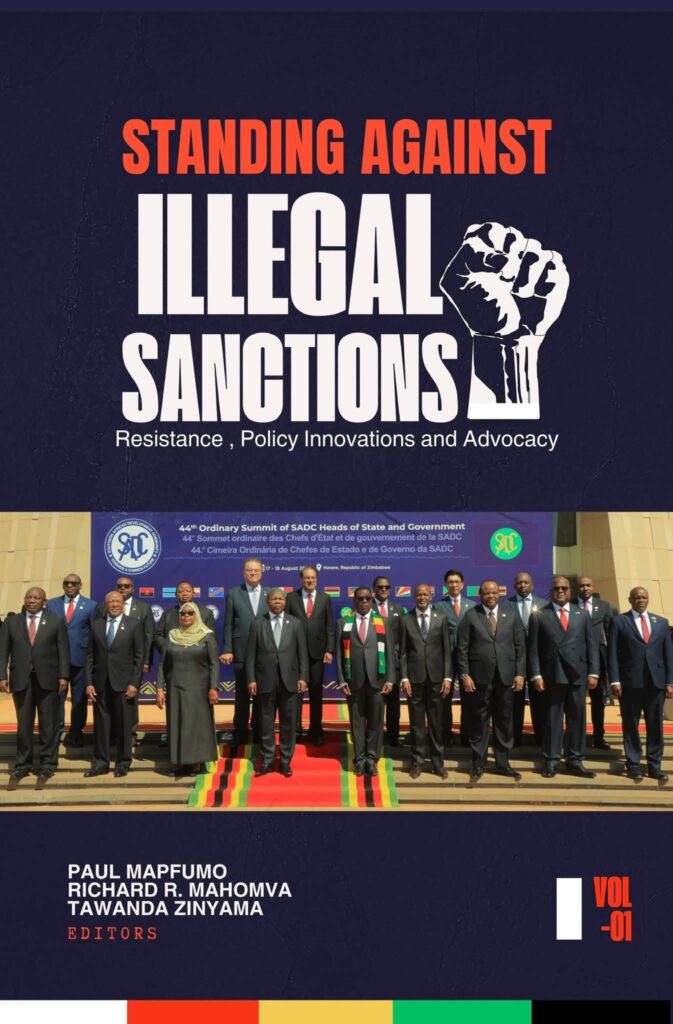
Zimbabwe’s agricultural revolution, driven by the Pfumvudza/Intwasa climate-proof farming model, has boosted food security, returning the country to self-sufficiency in staple grains. At the same time, local manufacturing output has increased due to import substitution strategies, while mineral production continues to rise under the USD $12 billion mining industry roadmap.
These achievements have been realised without access to international credit or loans. Zimbabwe has had to rely on its people, local investment, natural resources, and diaspora support—proof that resilience and patriotism can overcome adversity.
Sanctions – A Weapon Against Development
Sanctions have often been used as tools of political coercion by powerful nations seeking to force weaker countries to abandon their policies. In Zimbabwe’s case, sanctions were openly introduced in retaliation for the Fast Track Land Reform Programme that returned land to its rightful owners—indigenous Zimbabweans who had been displaced by colonialism.
The economic damage caused by sanctions is well documented:
• Loss of over US$150 billion in revenue over two decades
• Closure of industries due to lack of investment
• High unemployment rates and currency instability
• Restricted access to medical supplies and machinery
• Financial isolation due to blocked transactions and frozen credit lines
SADC leaders, the African Union (AU), the Non-Aligned Movement (NAM), China, Russia, and progressive voices in the United Nations have repeatedly called for the removal of sanctions, describing them as unjust, unilateral, and counterproductive.
Zimbabwe Is Open for Business—but Sanctions Remain a Barrier
Zimbabwe continues to pursue economic diplomacy under its “Engagement and Re-engagement Policy”, reaching out to old and new allies across the world. The country has opened its doors to investors from Asia, the Middle East, Europe, and Latin America, attracting billions of dollars in mining, energy, manufacturing, tourism, and agriculture.
However, potential investors remain hesitant due to sanctions-induced risk perception. Zimbabwe cannot secure long-term lines of credit from global financial institutions like the IMF, World Bank, and African Development Bank because ZIDERA blocks debt restructuring and financing.
For Zimbabwe to fully recover and achieve an upper-middle income economy by 2030—a central target of Vision 2030—sanctions must be removed immediately and unconditionally.
The People Speak With One Voice
From Harare to Windhoek, Dar es Salaam to Maputo, Gaborone to Luanda, and even as far as Beijing and Moscow, global voices are demanding fairness. Sanctions are not a tool for democracy—they are an attack on human rights, development, and sovereignty.
Across Zimbabwe, citizens are holding solidarity marches, youth forums, public lectures, and cultural commemorations to mark Anti-Sanctions Day. The message is clear: Zimbabwe will not kneel to foreign pressure. Africans will defend their sovereignty.
Dignity Must Be Restored
The 2025 SADC Anti-Sanctions theme captures the soul of Zimbabwe’s struggle:
“United for Economic Sovereignty: Ending Sanctions, Restoring Dignity.”
This is more than a political statement—it is a continental declaration of economic independence. Africa stands with Zimbabwe, not only because sanctions are unjust, but because Zimbabwe’s fight is Africa’s fight. It is a fight for dignity, justice, sovereignty, and the right of nations to chart their own future.
As the world watches, the voice of Africa grows louder:
Sanctions are illegal. Sanctions are immoral. Sanctions must fall.
Zimbabwe will rise—with or without sanctions—because no struggle can defeat a united and determined people.
———————————
The Author believes in telling Africa’s story through African voices, challenging misinformation, and promoting policies that advance African development and unity. His work explores the intersection of geopolitics, African history, sanctions, and sovereignty—with a focus on Zimbabwe and the Global South.
He can be contacted on:
takaziki@zimglobalmedia.co.zw
Social Media: @takasununguka
